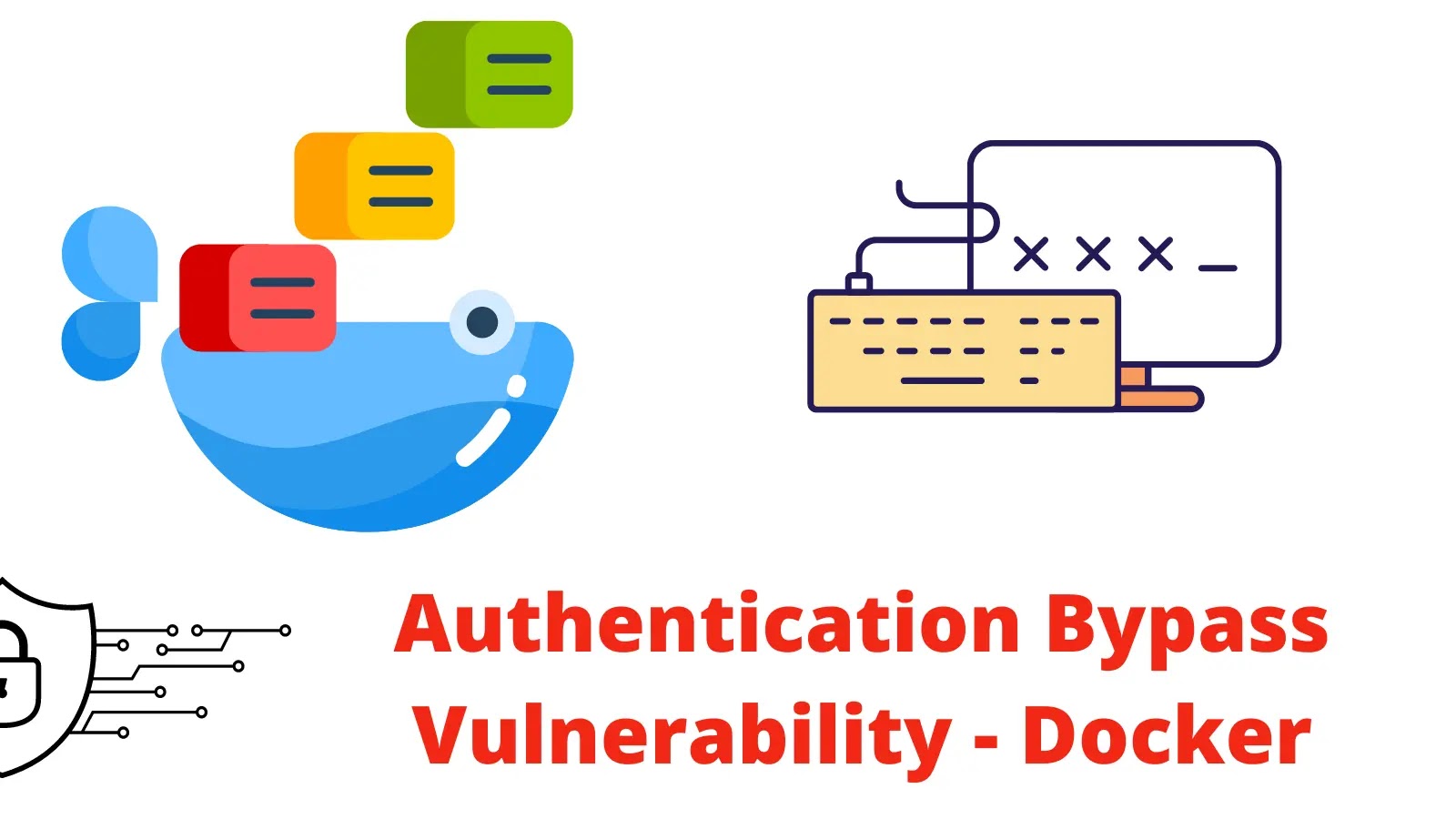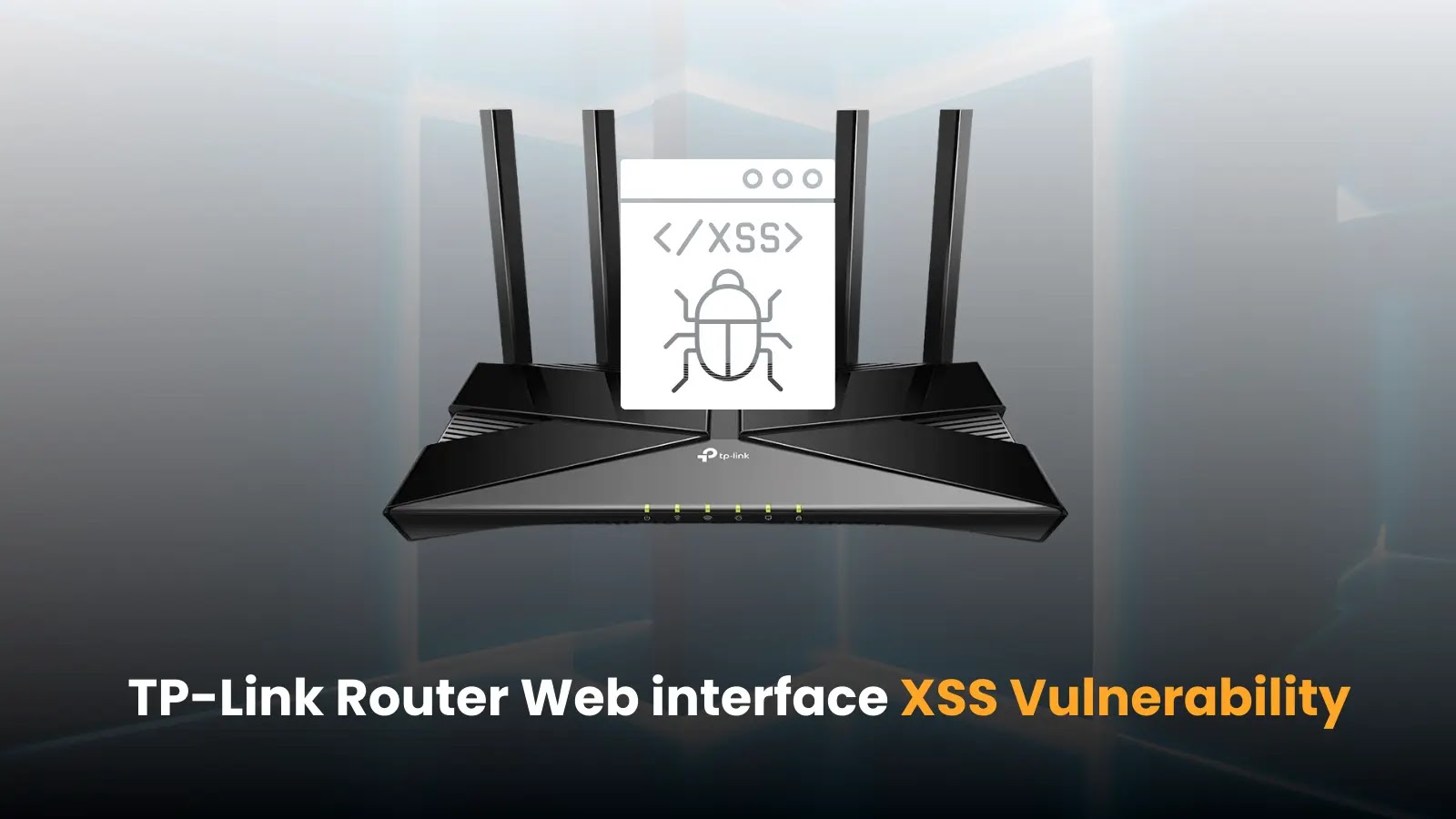A critical security vulnerability affecting Roundcube webmail installations has exposed over 84,000 systems worldwide to remote code execution attacks.
The vulnerability, tracked as CVE-2025-49113, allows authenticated users to execute arbitrary code remotely, presenting a significant security risk to organizations relying on this popular open-source webmail solution.
With public proof-of-concept exploits now available and evidence of targeting by state actors, immediate patching is essential to prevent potential compromise of email systems and sensitive communications.
Thousands of Email Systems Exposed
The Shadowserver Foundation has been actively monitoring and reporting instances of Roundcube installations affected by CVE-2025-49113 over the past several days.
This vulnerability represents a serious security flaw that enables remote code execution capabilities for authenticated users within the webmail application.
The scope of exposure is substantial, with approximately 84,000 unpatched Roundcube installations identified globally through comprehensive scanning efforts.
Roundcube, a widely deployed browser-based multilingual IMAP client, serves as a critical component in many organizations’ email infrastructure.
The vulnerability’s impact extends beyond simple unauthorized access, as it provides attackers with the ability to execute malicious code on affected servers.
This level of access could potentially lead to complete system compromise, data exfiltration, and lateral movement within targeted networks.
The geographical distribution of vulnerable systems spans multiple continents, with concentrations visible across North America, Europe, and Asia.
The Shadowserver Foundation’s dashboard visualization reveals clustering patterns that suggest both widespread deployment of Roundcube installations and varying levels of security maintenance across different regions.
CVE-2025-49113 specifically targets the authentication mechanism within Roundcube, exploiting weaknesses that allow authenticated users to bypass security controls and execute arbitrary code.
The vulnerability requires an attacker to have valid credentials to access the webmail interface, but once authenticated, the security boundary becomes permeable to code execution attacks.
The technical nature of this vulnerability makes it particularly attractive to sophisticated threat actors, including possible state-sponsored groups who have previously demonstrated interest in targeting email communications.
The availability of public proof-of-concept exploit code significantly escalates the risk landscape. When combined with the large number of unpatched systems, these publicly available exploits create an environment where both sophisticated and opportunistic attackers can readily compromise vulnerable installations.
Immediate Patching Required
The Roundcube development team has released security updates addressing CVE-2025-49113, with patches available in versions 1.6.11 and 1.5.10.
Organizations running Roundcube installations must prioritize these updates given the combination of widespread exposure, available exploit code, and evidence of active interest from threat actors.
The time-sensitive nature of this vulnerability cannot be overstated. The Shadowserver Foundation’s continuous monitoring reveals that vulnerable systems remain exposed across multiple network ranges, creating opportunities for both targeted and opportunistic attacks.
The HTTP vulnerable report tracking system provides ongoing visibility into the scope of unpatched systems, enabling security teams to assess their relative exposure within the broader threat landscape.
System administrators should implement these patches immediately while also conducting thorough security assessments of their Roundcube installations.
Looking for AI-Powered Nex-Gen malware protection? – Download Malware Protection Plus for Free



